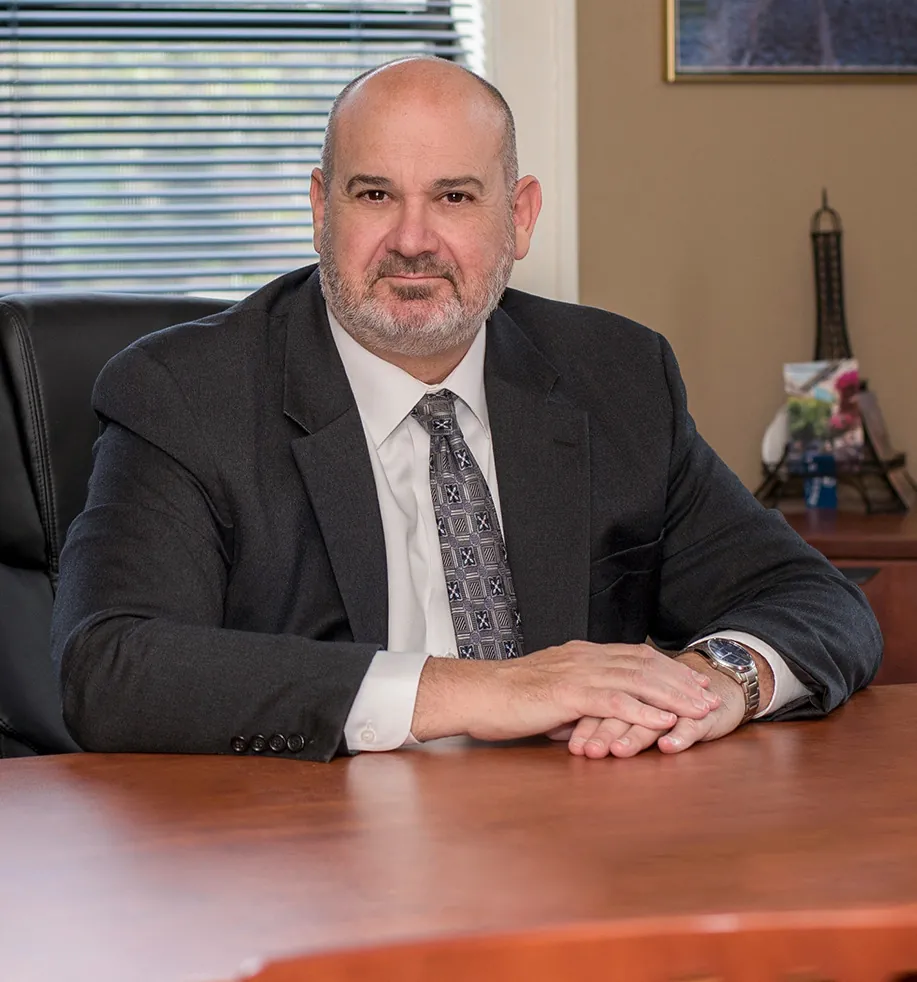Under Florida law, insurance fraud is giving false information to obtain insurance benefits. People can do this for medical, homeowners, or even auto insurance. Insurance fraud can be charged as a second- or third-degree felony, with a sentence of up to 30 years in prison. The sentence is determined by the type of fraud committed. Any complicit parties, including medical professionals, may also face punishment for aiding patients in this crime.
A doctor or medical facility risks losing their license if they are found guilty of taking part in insurance fraud. Soft fraud crimes include embellishing the specifics of an individual’s damages or injuries to obtain a higher monetary settlement. Another serious fraud offense includes staging a crime scene to collect insurance proceeds.
Florida Insurance Fraud Attorney
If you are facing charges for insurance fraud, don’t go through this process alone. Having an experienced white-collar crime attorney from Galigani Law Firm fighting for you can make all the difference. The Florida judicial system is incredibly complicated and constantly changing over time. Attorney Dean Galigani can help you understand Florida’s insurance fraud laws and advocate aggressively on your behalf.
Reach out to the Galigani Law Firm today at (352) 375-0812 to schedule a free consultation. Attorney Galigani and his legal team accept clients throughout the greater Alachua County area including Gainesville, High Springs, Alachua, Archer, La Crosse, and Waldo.
Information Center
- Types Of Insurance Fraud
- Soft And Hard Car Insurance Fraud
- Property Insurance Fraud
- Healthcare Fraud
- Insurance Fraud Penalties
- Knowingly Making A False Claim
- Possible Defenses
- Additional Resources
Types Of Insurance Fraud
Insurance fraud can include:
- Auto insurance
- Homeowner Insurance
- Life Insurance
- Property Insurance
- Health Insurance
- Workers’ Compensation Insurance
Soft And Hard Car Insurance Fraud
Examples of car insurance fraud include falsifying claims, lying on application forms, and other deceptive behaviors. Even omitting information to lower a premium is considered card insurance fraud. Soft fraud and hard fraud are the two main categories of auto insurance fraud.
Exaggerating a claim or an event is typically referred to as soft car insurance fraud. For example, if someone states that a recent hit-and-run caused the dent in their car bumper, but it was actually caused by backing into a mailbox, they could be charged with a car repair insurance scam. Soft fraud also includes omitting important information from an auto insurance application.
Hard fraud is when a loss is planned or made up to get a claim payment. For example, staging a car accident where one driver rear-ends another and a fabricated witness accuses the victim of being at fault.
Property Insurance Fraud
This kind of fraud occurs when a business owner burns down their establishment. To receive compensation, the owner of a pricey piece of jewelry may assert that the item was lost. Exaggerating the damages from a legitimate loss is another form of property insurance fraud. For instance, a homeowner who experienced a pipe burst may claim more damages than what happened to receive a larger payout than would otherwise be granted.
Healthcare Fraud
Healthcare fraud is when an individual or organization cheats a health insurance provider. A person might, for instance, make up an injury to receive money or prescription drugs, or they might use another person’s insurance card to pay for services. Medical professionals can also be charged with this crime for filing insurance claims for services they did not provide. Healthcare fraud is against the law federally and in every state.
Insurance Fraud Penalties
Insurance fraud is charged as a felony. The severity of penalties for insurance fraud varies depending on how much fraud was committed.
- A third-degree felony is punishable by up to five years in prison. There may be a fine of up to $5,000 if the amount of fraud involved is less than $20,000.
- A second-degree felony is punishable by up to 10 years in prison. There may be a fine of up to $10,000 if the fraud involved is between $20,000 and $100,000.
- A first-degree felony is punishable by up to 15 years in prison. There may be a fine of up to $15,000 if the fraud involved exceeds $100,000.
Investigative work is done by the Bureau of Consumer Protection on claims that raise suspicions of fraud. The Bureau’s job is to stop and prevent people or companies from making false claims. They will use databases to search for patterns in their pasts that might indicate that fraud is a factor. They have the right to launch investigations and file lawsuits against organizations and people involved in insurance fraud.
Knowingly Making A False Claim
Insurance fraud calls for the defendant to intentionally make a false or deceptive statement or claim, just like other types of fraud. A defendant must intentionally lie in order to be found guilty, which requires that the statement be made with the knowledge that it is false and that the defendant intended to make the statement. A person has not committed fraud, for instance, if they mistakenly and in good faith inform their insurance company that their car has 80,000 miles on it when it really has 84,000. If a person discovers afterward that they submitted the claim incorrectly, they must notify the insurer of the error.
Possible Defenses
The most common defenses include the following:
- No intention to deceive;
- That the claim was valid; and
- factual error.
Another frequently used defense is that a portion of it was a legitimate loss that the policy was supposed to cover. The defendant will be responsible for paying the claim’s invalid portion if this defense is successful.
Additional Resources
Online Sunshine | Florida State Legislature – Online Sunshine provides current Florida Statutes, including for § 817.234 False and fraudulent insurance claims
Bureau of Insurance Fraud – This resource outlines types of fraud and explains various methods of investigation used.
Gainesville Insurance Fraud Attorney | Alachua County, FL
If you have been charged with insurance fraud, reach out to Galigani Law Firm. Attorney Dean Galigani will defend you vigorously in all Central Florida courts. He can challenge the prosecution’s evidence, seeking to get your charges dropped or reduced.
Galigani Law Firm serves clients in Florida, including Alachua County, Marion County, Levy County, Columbia County and Gilchrist County. Call (352) 375-0812 now to arrange a free consultation today.







